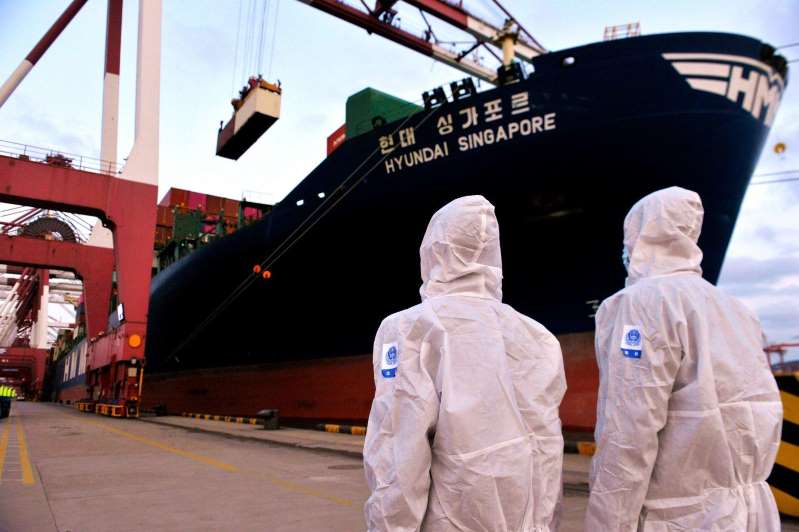2.2 billion people are made up of the RCEP, which excludes Europe and the USA.

It took seven years, but last week it became a reality: the investment agreement between the EU and China.
In the future, European companies should be able to invest more easily in the People's Republic and thus have better access to the huge market with 1.4 billion people. The contract, which should not take effect until 2022, is intended to ensure fair competition and legal certainty and enable new business.
For the European Union it is the most comprehensive attempt to date to reorganize the economic relationship with the world's second largest economy.
For China, the agreement is primarily an economic and political success – it binds the economic giant EU more closely to itself. But the People's Republic was able to close an even bigger chapter with its “regional, comprehensive economic partnership” RCEP in mid-November: 2.2 billion people, 15 Asia-Pacific states and around a third of global economic output comprise the largest free trade area in the world. The focus is on reducing tariffs. That makes trade between states easier and cheaper. Overall, the tariffs are to fall for almost 90 percent of the goods that the states exchange with each other.
Companies that have parts of their products manufactured in various countries in the free trade zone also benefit from this. The agreement also includes rules for 20 other areas such as services, investments, online trading, telecommunications and copyrights.
Against the background of the ongoing trade war with the USA, the free trade pact is a great success for the communist leadership in Beijing. Before the Corona crisis, the RCEP countries accounted for 29 percent of the global trade volume – slightly less than the EU with 33 percent.
However, the proportion of the RCEP community should now increase, as experts expect. Because while the economy in Europe continues to suffer from the consequences of the pandemic, it is already growing vigorously in China.

